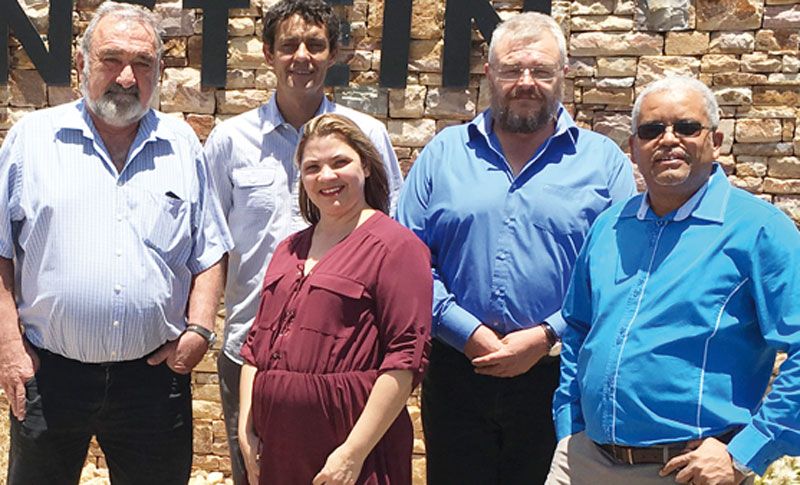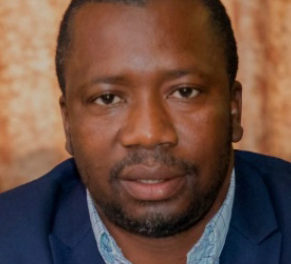
Africa boosts upstream activities to amplify oil and gas production

The introduction of more oil and gas exploration and production licensing rounds across Africa will enable the continent to make new and significant discoveries, increase the production of hydrocarbons, as well as fully utilize the continent’s vast array of energy resources to address energy poverty and accelerate economic growth.
Although the production of oil and gas in Africa has been rising over the past two decades, declines are anticipated in the coming years due to output reductions in legacy projects, a lack of new exploration in recent years and inadequate investments across the value chain in leading hydrocarbon producing countries such as Nigeria, Algeria, Libya, Angola and Egypt.
On the gas front, despite Africa having sufficient supply to meet 2022 – 2023 demand owing to new projects such as the Mozambique Coral Floating Liquefied Natural Gas (LNG) and Nigeria’s LNG Train 7 projects coming online, production declines in Algeria, Nigeria, Libya and Egypt will strain the supply chain from 2025 onwards. Egypt, for example, is expected to record a decrease in production from 74 billion cubic meters (bcm) in 2022 to 50 bcm by 2030 unless major discoveries are made and quickly brought online.
On the other hand, the oil sector will also witness production declines with Algeria, one of Africa’s leading oil producers, already starting to record output reductions. Nigeria, the biggest producer of crude oil in Africa, will also record a decline from 2023 whilst production in Sudan and South Sudan and other west African countries will also be affected.
For Africa to mitigate these declines, the continent will have to boost investments within the upstream sector. Recognizing the need to expand upstream activities, many countries across the continent have introduced bid licensing rounds across both emerging and frontier markets, creating the opportunity for regional and international companies to participate in high potential basins.
Notably, a 2021 licensing round was introduced by the Tunisian Ministry of Energy Ministry in which contracts are expected to be awarded in 2022 for four oil exploration licenses. Additionally, Angola, through the National Agency of Petroleum, Gas and Biofuels (ANPG) also opened bidding in 2021 for tenders in Blocks 11, 12, 13, 27, 28, 29, 41, 42 and 43 in the Namibe Basin, and Block 10 in the Benguela Basin.
In addition, the results of some 14 exploration licensing rounds expected to be announced in 2022 across the continent are a testimony of increased focus by African hydrocarbon producing countries to increase activities within the upstream sector. Other licensing rounds planned to be introduced in 2022 and 2023 include those in Ivory Coast, Senegal, Algeria, Congo, Sudan, South Sudan, Somalia, Uganda and Kenya.
“Increasing activities within Africa’s upstream segment will boost oil and gas production and enable the continent to fully monetize its energy resources for economic growth while at the same time meeting demand in other regions such as Europe and Asia,” stated Tomás C. Gerbasio, Strategy and Business Development Director, African Energy Week adding that, “What Africa needs now is to develop capital-attractive regimes, introduce more licensing rounds and to ramp up investments in new exploration and production projects.”
The AEC’s annual investment summit, the African Energy Week (AEW), which will take place in Cape Town from 18 to 21 October 2022, will discuss measures restraining Africa from expanding its oil and gas upstream market and how they can be addressed.
AEW 2022 will host presentations, high-level meetings and panel discussions on how emerging and leading hydrocarbon producing countries in Africa can attract investment to boost exploration and production activities. Distributed by APO Group on behalf of African Energy Week (AEW).












































